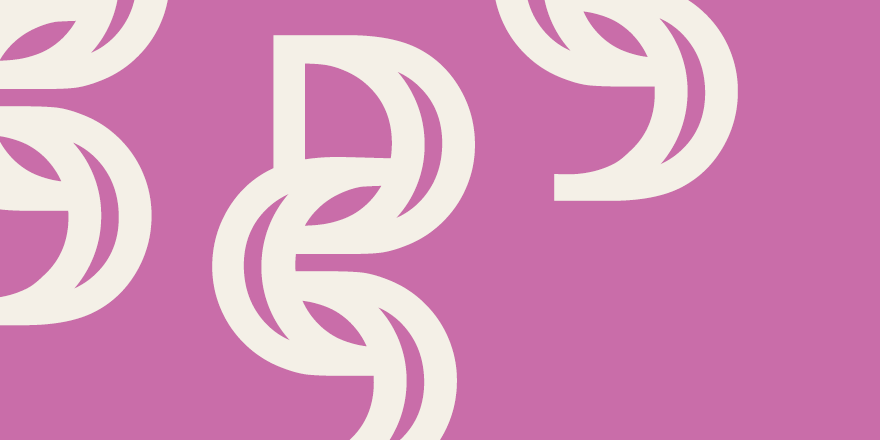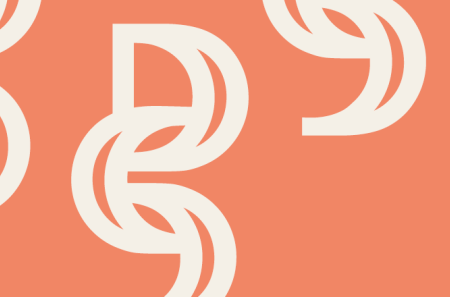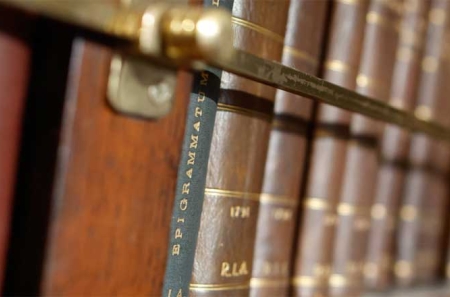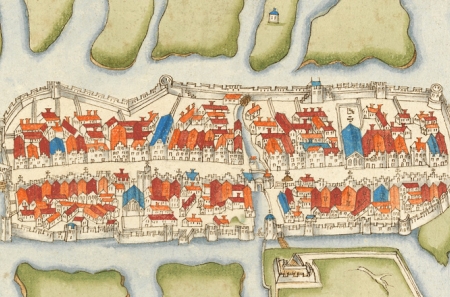Discourse Series: Light illuminates innovation in medicine and climate solutions
When
Thursday, November 16, 2023, 18:00 - 19:30Where
Tickets

Discourse delivered by Professor Naomi Halas, Director, Smalley-Curl Institute, Rice University, Houston, Texas
We are delighted to welcome Professor Naomi Halas (Director, Smalley-Curl Institute, Rice University, Houston, Texas) who will deliver this Discourse. Metallic nanoparticles, used since antiquity to impart intense, vibrant color into materials, have more recently become a central tool in the nanoscale manipulation of light - we know them as the thin red lines in COVID tests. When illuminated by light, these metallic nanoparticles undergo coherent oscillations of their conduction electrons, responsible for their strong light-matter interactions and properties. The strong photothermal (the production of heat by light) properties that result from illumination, are unique properties of this family of nanoparticles that can be exploited in transformative applications. The photothermal properties of gold-based nanoparticles now provide the foundation for an ultralocalised cancer therapy that is successfully removing tumors within the prostate.
More recently we have begun to question whether the same, or similar properties can also be realised in more sustainable materials. Aluminum, the most abundant metal on our planet, can be synthesised, supporting high-quality plasmonic properties spanning the UV-to-IR region of the spectrum. Aluminum can also be used as an optical antenna, providing a new type of light-based catalyst that is being utilised for consuming greenhouse gases and rapidly advancing the Hydrogen economy.
Our speaker:
Naomi J. Halas is a University Professor and the Stanley C. Moore Professor of Electrical and Computer Engineering at Rice University. She is also Director of the Smalley-Curl Institute. She received her undergraduate degree from La Salle University in 1980, and her PhD from Bryn Mawr College in 1987. She is co-founder of Nanospectra Biosciences, a company offering ultralocalised photothermal therapies for cancer based on her nanoparticles, and co-founder of Syzygy Plasmonics, a company with more than 100 employees currently deploying light-based chemical reactors for Hydrogen production based on photocatalyst particles originally invented in her laboratory. She is a member of the National Academy of Sciences, the National Academy of Engineering, the American Academy of Arts and Sciences, and the Royal Society of Chemistry (UK).
Respondent:
Brian Norton MRIA, Head of Energy Research, Tyndall National Institute.
Please note:
We ask that you arrive to 19 Dawson Street no later than 5.50pm so that we can ensure everyone is seated before the Discourse begins at 6pm. Late-comers will not be admitted.
Click here to read our Discourse Data Protection Statement.
Click here to read our Transparency statement in relation to the use of the Eventbrite booking platform.
Click here to read our Events and Admittance Policy.



